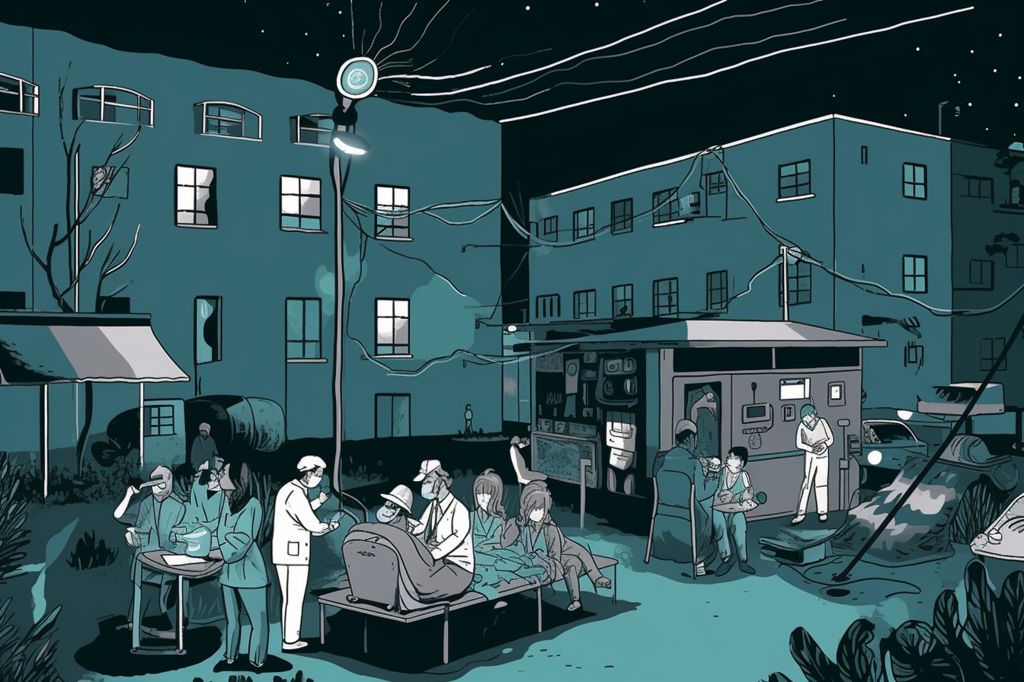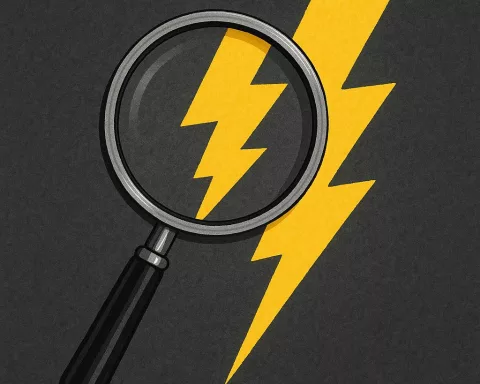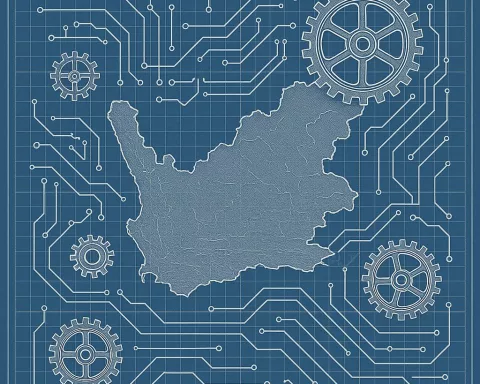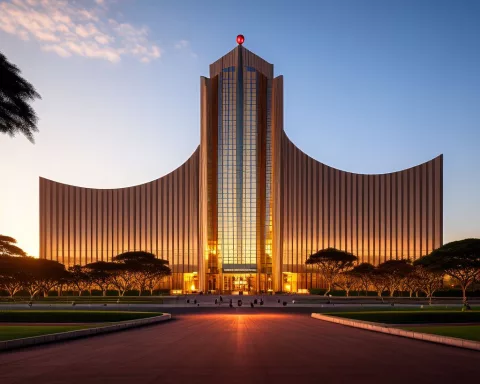The Pretoria High Court has ordered the South African government to equip public facilities, such as hospitals, clinics, police stations, and schools, with generators and diesel to ensure an uninterrupted power supply within 60 days. The ruling raises concerns about the economic implications of this directive, as the cost of generators and diesel would be an expensive undertaking for taxpayers, funded by general taxes.
Government Considers Appeal on Ruling
The government is reportedly considering an appeal, as the ruling has raised questions about the stability of the grid and its fiscal impact. The Department of Public Enterprises is currently reviewing this decision, while the electricity minister’s office is “studying the judgment.” Eskom, the state-owned power utility, finds itself at the center of the controversy, with its legal team scrutinizing the ruling.
Background to Load Shedding Crisis
The court based its judgment on findings that the state had repeatedly breached its constitutional and statutory duties, resulting in continued infringements on citizens’ rights to healthcare, security, and education. The ruling traces South Africa’s current load shedding crisis back to a warning given to the government in 2008, which has remained unaddressed for the past 15 years. Eskom has admitted that load shedding causes human suffering and infringes on human rights.
Challenges to Implementing Ruling
The practicality of implementing the ruling has been met with skepticism. Equipping thousands of public facilities with generators would cost millions of rands, and concerns have been raised about who would bear these costs. The CEO of the Organisation Undoing Tax Abuse questions the ruling’s effectiveness, claiming it would “not achieve much.” Despite this, the court found that the non-provision for a budget item could not serve as an excuse for breaching the constitution.
Providing Alternative Power Sources to Affected Facilities
While the court ruling raises valid concerns about the impact of load shedding on public facilities and citizens’ rights, there are practical and financial challenges to implementing the directive. The South African government, Eskom, and taxpayers will need to assess the feasibility of providing alternative power sources to affected facilities and determine the most cost-effective and sustainable solutions for the long term. The outcome of any potential appeal will also have a significant impact on the country’s energy landscape and the future of its public facilities.












